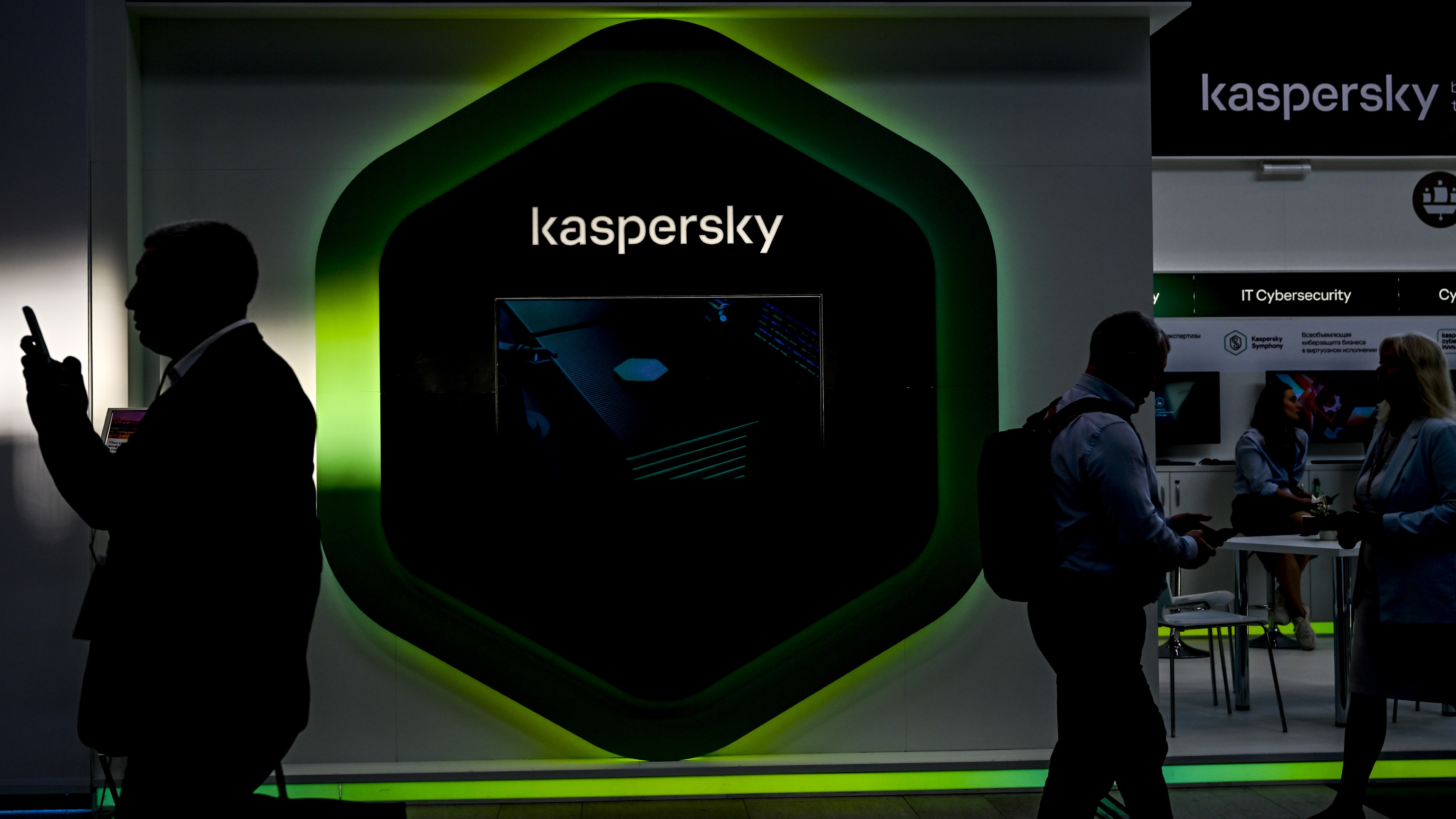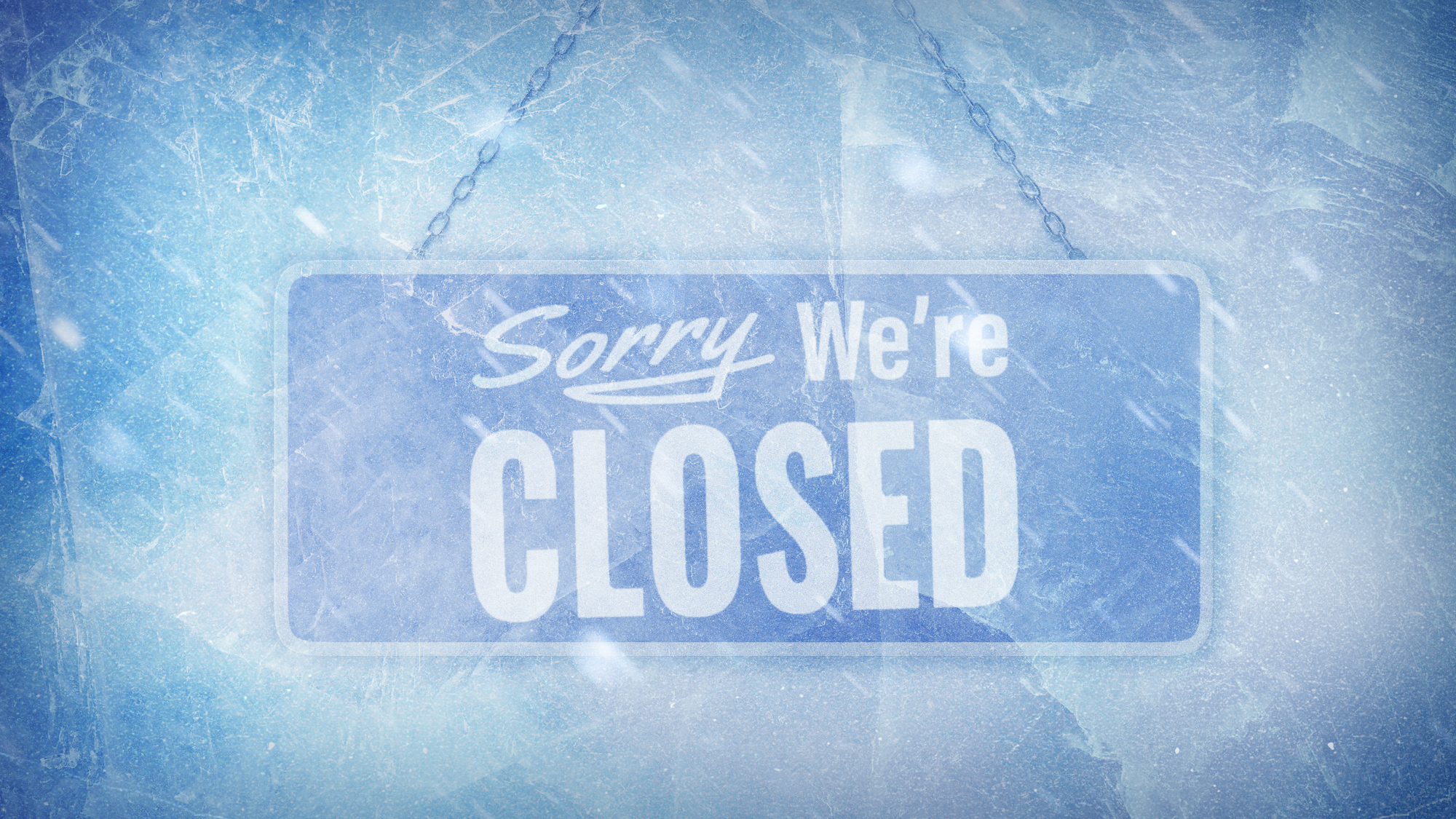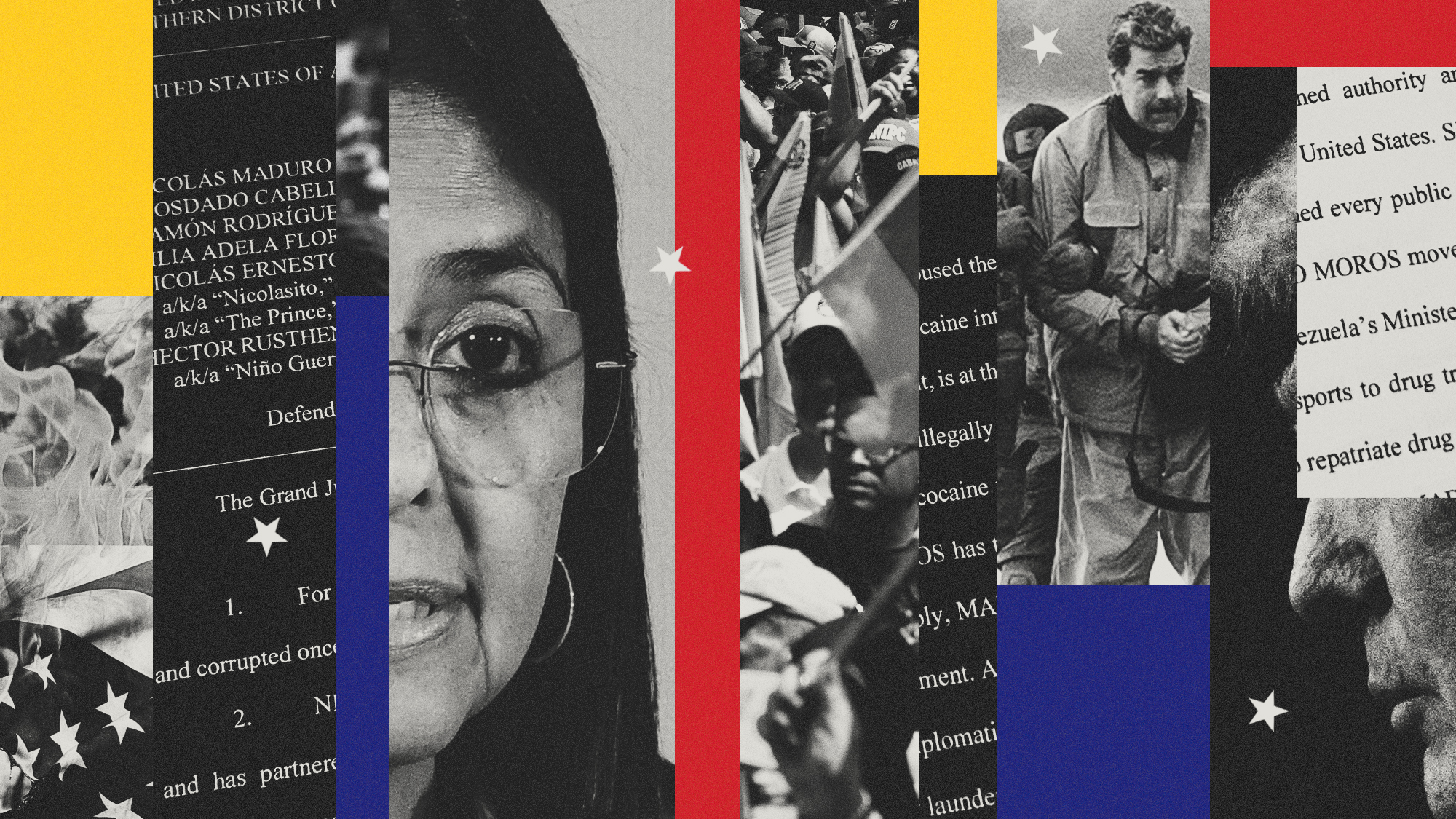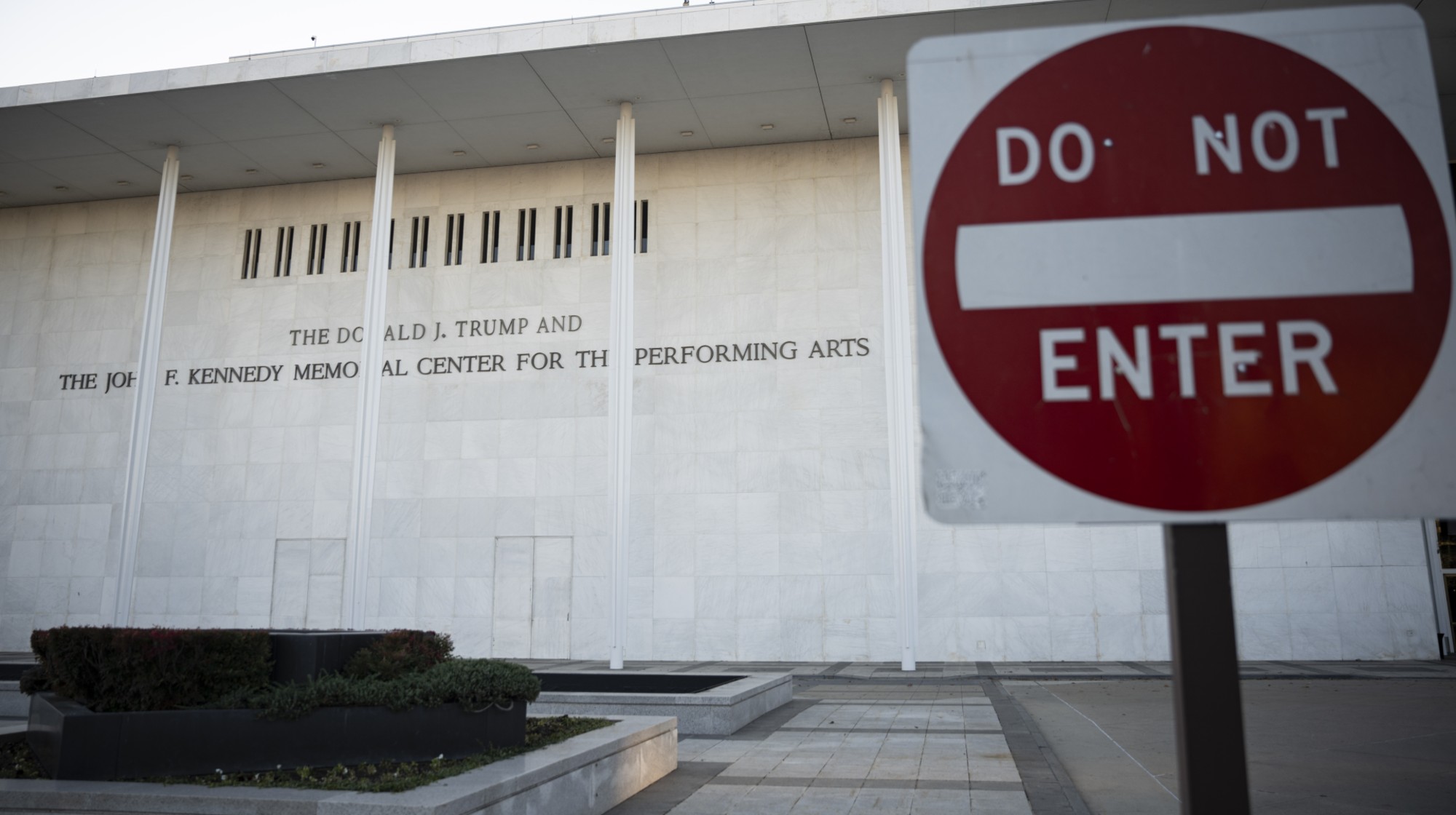Biden bans massive antivirus software company due to Russian hacker concerns
Kaspersky Lab makes some of the best cybersecurity software around. Is it also a front for the Russian government?


A free daily email with the biggest news stories of the day – and the best features from TheWeek.com
You are now subscribed
Your newsletter sign-up was successful
Whether you know it or not, odds are good that you have at some point in your life worked with Kaspersky Lab software. Founded in the late 1990s, the Moscow tech company has spent decades cementing its reputation as a global powerhouse in antiviral and cybersecurity products. It claims on its website to serve some 400 million users and 250,000 corporate clients, all in the name of "building a safer world" in which "technology improves all of our lives."
Despite its position in the uppermost echelons of elite cybersecurity businesses, Kaspersky has long been dogged by allegations of Russian government influence, leading in part to a 2017 U.S. government ban on using the company's software on federal computers. Those tensions reached a crescendo last week, however, when Commerce Secretary Gina Raimondo announced plans to "prohibit Kaspersky Lab and all of its affiliates, subsidiaries and parent company from providing cyber security and antivirus software anywhere in the United States" in a call with reporters. While Kaspersky's alleged susceptibility to Russian influence has "certainly been on the government's radar for a number of years," the "malign activity from Russia in particular over the past couple of years" led the government to "more broadly address this threat," said Commerce Department's Office of Information and Communications Technology and Services head Liz Cannon to NPR last week.
'Undue and unacceptable risks'
Kaspersky "poses undue and unacceptable risks to U.S. national security and to the security and safety of U.S. persons," The Commerce Department said in an investigation into the company. Broadly, there are "three particular risks" to Americans, Cannon said. Not only does its software give Kaspersky "essentially administrator access to the devices on which it operates," but it can "inject malware, or it can choose to withhold critical updates" as well. These, plus the fact that Kaspersky is "subject to the direction and control of the Russian government" were what elevated the issue to the "level of a real national security threat." Prior to the 2017 federal systems ban, Kaspersky had faced an "internal power struggle that placed allies of Russia's secret services against 'tech-savvy' staff and Western investors,'" Semafor said.
The Week
Escape your echo chamber. Get the facts behind the news, plus analysis from multiple perspectives.

Sign up for The Week's Free Newsletters
From our morning news briefing to a weekly Good News Newsletter, get the best of The Week delivered directly to your inbox.
From our morning news briefing to a weekly Good News Newsletter, get the best of The Week delivered directly to your inbox.
The ban on Kaspersky software within the United States is thanks to "relatively new Commerce Department authorities built on executive orders signed by Presidents Joe Biden and Donald Trump," CNN said. Shortly after the Commerce Department announced the impending ban, the Treasury Department sanctioned a dozen people in senior leadership roles within the company, but not Kaspersky itself, nor "its parent or subsidiary companies, or its CEO."
The one-two punch of product bans and personnel sanctions comes as the Biden administration is "trying to stamp out any risks of Russian cyberattacks stemming from Kaspersky software and keep squeezing Moscow as its war effort in Ukraine has regained momentum and the United States has run low on sanctions it can impose on Russia," Reuters said. Kaspersky has denied the allegations of Russian influence and cyber-threats, and alleged in a statement that the government's ban is instead "based on the present geopolitical climate and theoretical concerns, rather than on a comprehensive evaluation of the integrity of Kaspersky's products and services." Kaspersky has also threatened to sue the government over the ban, a case that would "set up a high-stakes legal test of Commerce's national security authorities," Wired said.
'Cybersecurity and associated risks'
The Kaspersky ban is not set to take immediate effect. Instead, the company will be allowed to proceed with "certain operations in the United States" until the final deadline of Sept. 29, the Biden administration said. In the meantime, it can continue "providing antivirus signature updates and codebase updates" for users and clients as they "find suitable alternatives" to Kaspersky's services.
Crucially, users who continue to rely on Kaspersky products after the ban is fully in place "will not face legal penalties," the government explained. However, anyone who continues using the company's software "assumes all the cybersecurity and associated risks of doing so."
A free daily email with the biggest news stories of the day – and the best features from TheWeek.com
While the government's final determination to institute the ban does not list any specific instances of Russian governmental exploitation of Kaspersky products, "we certainly believe that it is more than just a theoretical threat" said one Commerce Department official to CNN.
Rafi Schwartz has worked as a politics writer at The Week since 2022, where he covers elections, Congress and the White House. He was previously a contributing writer with Mic focusing largely on politics, a senior writer with Splinter News, a staff writer for Fusion's news lab, and the managing editor of Heeb Magazine, a Jewish life and culture publication. Rafi's work has appeared in Rolling Stone, GOOD and The Forward, among others.
-
 Ex-South Korean leader gets life sentence for insurrection
Ex-South Korean leader gets life sentence for insurrectionSpeed Read South Korean President Yoon Suk Yeol was sentenced to life in prison over his declaration of martial law in 2024
-
 At least 8 dead in California’s deadliest avalanche
At least 8 dead in California’s deadliest avalancheSpeed Read The avalanche near Lake Tahoe was the deadliest in modern California history and the worst in the US since 1981
-
 Political cartoons for February 19
Political cartoons for February 19Cartoons Thursday’s political cartoons include a suspicious package, a piece of the cake, and more
-
 Kurt Olsen: Trump’s ‘Stop the Steal’ lawyer playing a major White House role
Kurt Olsen: Trump’s ‘Stop the Steal’ lawyer playing a major White House roleIn the Spotlight Olsen reportedly has access to significant US intelligence
-
 ICE eyes new targets post-Minnesota retreat
ICE eyes new targets post-Minnesota retreatIn the Spotlight Several cities are reportedly on ICE’s list for immigration crackdowns
-
 Gavin Newsom and Dr. Oz feud over fraud allegations
Gavin Newsom and Dr. Oz feud over fraud allegationsIn the Spotlight Newsom called Oz’s behavior ‘baseless and racist’
-
 The ‘mad king’: has Trump finally lost it?
The ‘mad king’: has Trump finally lost it?Talking Point Rambling speeches, wind turbine obsession, and an ‘unhinged’ letter to Norway’s prime minister have caused concern whether the rest of his term is ‘sustainable’
-
 Businesses are caught in the middle of ICE activities
Businesses are caught in the middle of ICE activitiesIn the Spotlight Many companies are being forced to choose a side in the ICE debate
-
 Venezuela’s Trump-shaped power vacuum
Venezuela’s Trump-shaped power vacuumIN THE SPOTLIGHT The American abduction of Venezuelan President Nicolás Maduro has thrust South America’s biggest oil-producing state into uncharted geopolitical waters
-
 Wave of cancellations prompts Kennedy Center turmoil
Wave of cancellations prompts Kennedy Center turmoilIN THE SPOTLIGHT Accusations and allegations fly as artists begin backing off their regularly scheduled appearances
-
 The MAGA civil war takes center stage at the Turning Point USA conference
The MAGA civil war takes center stage at the Turning Point USA conferenceIN THE SPOTLIGHT ‘Americafest 2025’ was a who’s who of right-wing heavyweights eager to settle scores and lay claim to the future of MAGA
